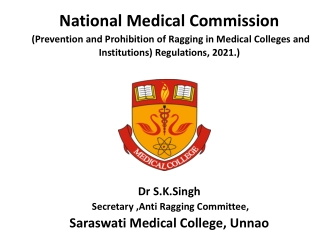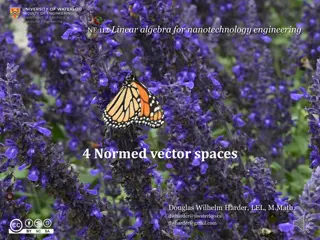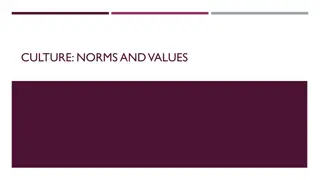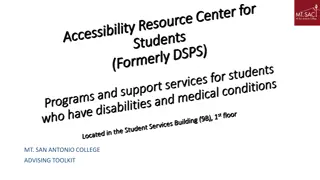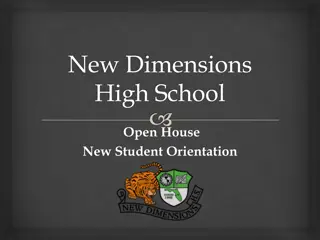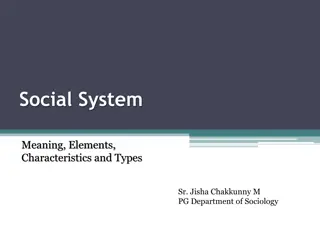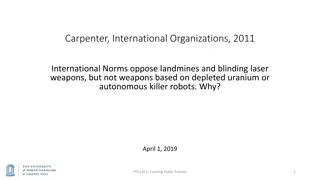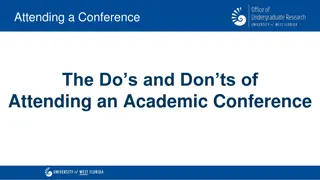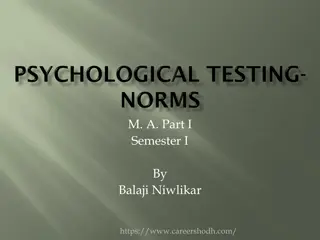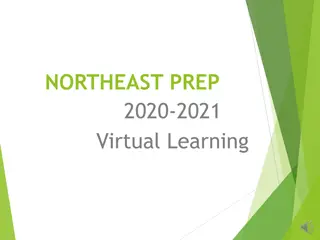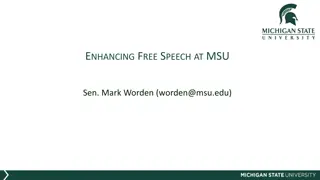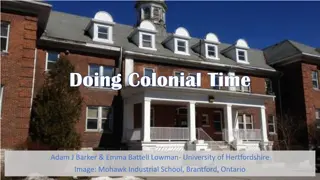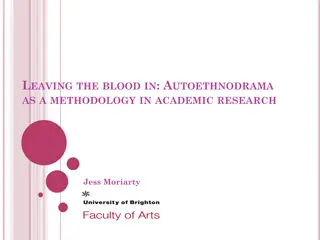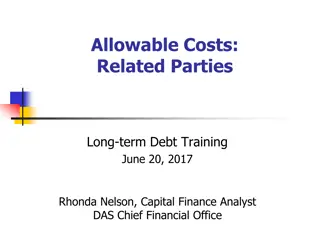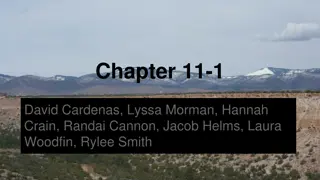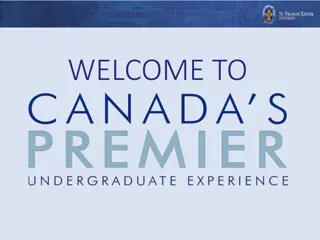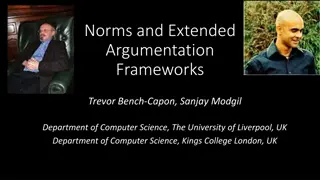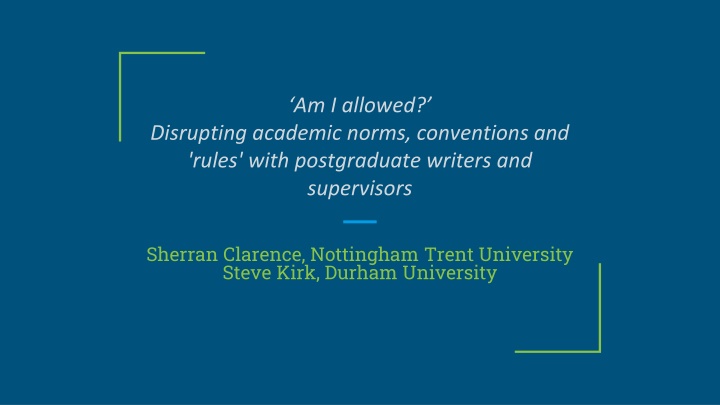
Postgraduate Writers' Academic Norms and Conventions Challenge
Exploring the disruption of academic norms and conventions in postgraduate writing, this discussion delves into the implications of identity on writing at the postgraduate level, emphasizing the need for diverse approaches and inclusive practices for advanced academic development.
Download Presentation

Please find below an Image/Link to download the presentation.
The content on the website is provided AS IS for your information and personal use only. It may not be sold, licensed, or shared on other websites without obtaining consent from the author. If you encounter any issues during the download, it is possible that the publisher has removed the file from their server.
You are allowed to download the files provided on this website for personal or commercial use, subject to the condition that they are used lawfully. All files are the property of their respective owners.
The content on the website is provided AS IS for your information and personal use only. It may not be sold, licensed, or shared on other websites without obtaining consent from the author.
E N D
Presentation Transcript
Am I allowed? Disrupting academic norms, conventions and 'rules' with postgraduate writers and supervisors Sherran Clarence, Nottingham Trent University Steve Kirk, Durham University
Opening salvo Many universities provide significant help with writing, learning language conventions, time for this for undergrad students Postgrad, esp. doctoral students (and their supervisors) are generally expected to know what they re doing. BUT, do they? Should they? Literacy demands are not consistent throughout levels of degree study -knowledge-making and meaning-making demands change, writer/student/research identity changes (especially if you re shifting disciplines or fields from one level to another This means that doctoral students and supervisors need EAP input, opportunities for learning, materials, and more.
Approaches to postgraduate writing More than any other level, at D level we use writing to indicate our level of authority and our academic identity -we use language and writing to make novel contributions to knowledge and to construct ourselves as academics worthy of the doctorate and everything it gives us access to. So, for those working with PG writers, this begs important questions about how we teach writing at this level. Are we still doing assimilationalist and socialising literacy work in ways that close down different ways of making and sharing knowledge that could diversify the research we are creating in exciting, novel and important ways? Are we reinforcing Anglocentric and abelist forms of writing, without realising it? What effect might this have on a diverse student population in terms of feeling part of the academy and represented within it How do we make changes? What changes? Where do we start? With whom should/could we be working?
Debate 1 Thinking about your context, and perhaps your own experience of being a postgraduate student-writer, talk about the following at your table: What are the implications of IDENTITY on writing at the postgraduate level? (Do these change the experience of writing? How?) (What helped you navigate the conventions and norms of your discipline? How did you know and see what these were? What hindered or stumped you?)
A bit of theory to help with thinking Specialisation (Legitimation Code Theory) Helps you to name and explain the organising principles that underpin your discipline/field of study or work Useful for writers because writing conventions are linked to or express these (e.g., in linguistic conventions, turns of phrase, passive/active voice, presence of author in text + more) Is the knowledge the most valued thing or is the knower more valued? If it s knowledge, you re likely to see more passive voice + 3rd person, for example. If it s the knower, you re likely to need to construct an overt and active authorial presence. Sciences tend to be more about knowledge || SS and Hum tend to be more about knowers.
Stronger orientations to knowledge knowledge code elite code E.g. Drama; Music (typically) The Sciences (typically) Weaker orientations to knowers Stronger orientations to knowers The Humanities (typically) Study Skills relativist code knower code The specialisation plane (Adapted from Maton, 2014, p. 30) Weaker orientations to knowledge
To help your next debate Think about the Discourse of the discipline(s) you work in/with. What are their core underpinning values? What is the basis for successful achievement? Do writers need to join a community through evidencing expertise in technical/procedural/principled/practical knowledge as the core for success? Or, do they need to join a community by evidencing the development of a firm perspective, disposition, set of characteristics that mark them as belonging? Do writers know and see this explicitly? Is this ever explained to them? Or are they expected to know it and do it without explicit guidance?
Debate 2 Thinking about your role as an EAP practitioner/specialist and your university context: What practices/spaces are in place for PG student-writers (and supervisors?) that could be enhanced/expanded/changed? (If there are none/few, what could be developed? Why would that be useful?) (If changes can be made, what changes and why?)
Closing thoughts Affirming/transforming socialising/disrupting (norms, ways of working, voice) - Transformative/disruptive work is hard and takes time - Requires agency (recognised and enabled by the university + community) - Responsibility? Risk? [What are our responsibilities (to students, staff, to knowledge-making + criticality)? Who carries the risk if we try to disrupt established norms + ways of writing?] Can we start to make small changes in our contexts to make knowledge + meaning- making work more open to debate, change, questions, disruption (where needed)? How do we get PG student-writers and supervisors engaged?

